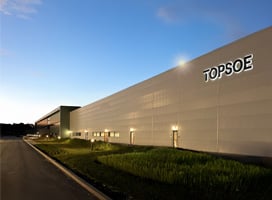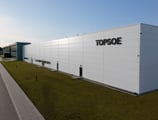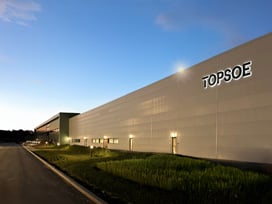High HDO activity and very high double-bond saturation level
With the same high selectivity as the TK-3002, but even greater activity, the TK-3002 is typically applied in bulk for renewable diesel hydrotreating and sustainable aviation fuel production.
It is ideal for maximizing middle-distillate yields of renewable fuels. Minimal CO and CO2 are produced as a consequence. In addition, the catalyst exhibits high HDO activity and very high double-bond saturation levels.
A catalyst trio for exceptional HDO selectivity
The TK-3001, TK-3002 and TK-3003 catalysts were launched to the market in 2024 and represent the third generation of HDO catalysts optimized for the hydrogenation route. They offer customers significantly improved HDO selectivity via the hydrogenation route, higher activity, reduced coking and enhanced metals tolerance, resulting in a significantly longer cycle length. The higher HDO selectivity maintained throughout the catalysts’ cycle length will result in a significantly higher average product yield compared to the previous generation of HDO catalysts, which will increase the profitability of the plant.
.png)








![SAF Airplane runway[1]-1 1](https://www.topsoe.com/hs-fs/hubfs/SAF%20Airplane%20runway%5B1%5D-1%201.png?width=800&height=640&name=SAF%20Airplane%20runway%5B1%5D-1%201.png)



